What Are Free Radicals?
They are the “baddies” in our skin because they cause our cells to become dysfunctional…which makes us age faster!
Free radicals are minute chemical particles that are usually the result of an inflammatory chemical process – they are the leftover bits caused from cellular damage or, as I like to call them, the “baddies” in our skin. Simply put, they are healthy cells turned bad as a result of trauma. The more we have, the faster our skin ages and the faster we look older.
So How Do Free Radicals Cause Trauma?
Life in general. We cannot escape having some free radical damage, both in our skin and in our body – wherever there are cells, we’ll have some cells that are healthy and some that are not. If our skin has more cells that are not healthy, it will show all the signs of ageing much, much faster, as deep down it becomes increasingly inflamed, dehydrated and dysfunctional.
Free radicals are not complete atoms and are unstable. They go hunting to complete themselves, taking a “bit” from a normal atom. This may make them normal, but the second atom isn’t, so the process grows and grows, increasing the amount of inflammation in your skin and, over time, making it more difficult to heal and, therefore, to recreate a healthier you.
Imagine a collagen fibre, made up of many, many atoms. If a “bit” is taken from one of these, it changes the chemical structure of the fibre, causing a break. If over years, there are multiple breaks, the collagen becomes dysfunctional and loses its elastic quality. The skin then begins to sag, as gravity takes hold, and you see wrinkles and thickened, loose, maybe roughened skin.
Free radicals chip away at cell walls and at DNA, eventually causing the death of that cell. It is a progressive process and happens throughout our bodies in every organ. It is a normal process, but if we want to age slowly, we need to keep it in control. In today’s world, with the right products and care, we can – science has shown us this.
In a nutshell, free radicals increase inflammation in our skin and this causes three things to happen over time:
- Cell barrier function decreases, which upsets how all molecules flow in and out of the cell. This means less oxygen and nutrients in the cell – how can it survive?
- Skin hydration decreases as the ability of the cells to retain water decreases. It becomes easier and easier for water to be released from the skin to the air.
- Collagen fibres are “stabbed” by the abnormal cell – the free radical – essentially physically breaking the fibres.
Common Sources of Free Radical Damage:
- Stress
- A busy lifestyle
- Poor diet and alcohol
- Smoking and drugs (both legal and illegal)
- Illness
- Pregnancy
- UV penetration – sunlight
- Pollution
- What we apply to our skin – harsh skin care products
How Do You Know You Have Free Radical Damage?
When combined with the natural ageing process, your skin will appear dull, thickened and lifeless with uneven tones, blemishes, pigmentation and fine lines and wrinkles. The lovely glow of a plumped youthful skin will disappear!
By removing or reducing the source of free radical activity, such as UV exposure and environmental pollutants, there will be a slowing of the ageing process in the skin. The more trauma you eliminate, the quicker you will see and feel a more significant improvement in your skin. This is why skin therapists and dermatologists are always stressing that you use a sunblock as part of your daily essentials.
How To Reduce Free Radical Damage With Skin Care
The most effective skin care regime is one that encompasses all of the below products, however it is equally important to choose products that will not increase the inflammation. Sometimes we choose in good faith a vitamin C serum, but we get it home to discover it contains, for example, Parabens or SLS’s. Although our skin needs the vitamin C, in this case, its effectiveness is negated by the damage the nasties will do. Two steps forward, two steps back.
So, to age more slowly and to maintain healthy skin whilst we age, we need to focus on the ingredients, the purity and also, the ability of each ingredient to penetrate the skin to where it needs to be. As the skin is waterproof, ingredients need help to get through the skin and then to travel down deep.
Ingredients need the top layers of the skin to be healthy; nice and smooth and flat. They also need a good level of hydration in the skin – a poorly hydrated skin is one that cannot function properly, let alone change! Lastly, ingredients need to have “delivery” systems attached to them or wrapped around them to help their journey down into the deeper layers of the skin. These “wrappings” unravel as any specific ingredient gets to where it needs to be to effect change.
Isn’t it just fantastic?!
Skin Care Essentials to Reduce Free Radical Damage:
- A great cleanser based on lactic acid or enzymes to hydrate and heal the top layers of skin, so it is able to fulfil its protective role (almost all of our cleansers fall into this category)
- Topical antioxidants to nourish your skin, especially Vitamin C
- A Vitamin A skin care product to reduce irritation and remodel cells
- Sunblock every day, no matter where you are or what the weather is doing. Limit your UV exposure: slip, slop, slap.
- Chemical-free, chirally correct skin care products to reduce the inflammation and trauma that is occurring, such as Growth Factors, peptides and stem cells
And equally important – take care with lifestyle issues, eat a good diet and drink plenty of water and as you do, think of all the busy activity happening in your skin every day.
Is YOUR free radical damage being controlled?
Still not sure?
If you need more help or would like personalised advice on what skincare products are best for you, book now for your consultation with a skin care advisor:
Book Your In-Clinic Consultation
Or fill in the Online Skin Consultation and Gaye, our registered nurse, will happily help you to choose the right treatments and products for your skin type or concern.

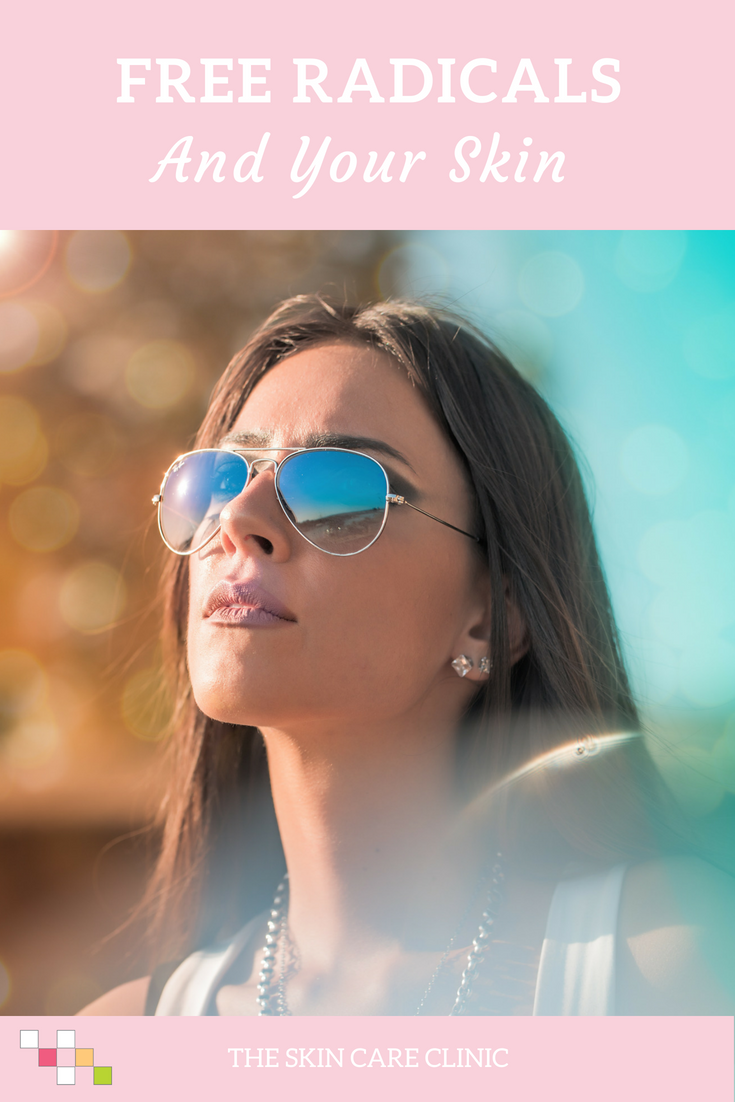
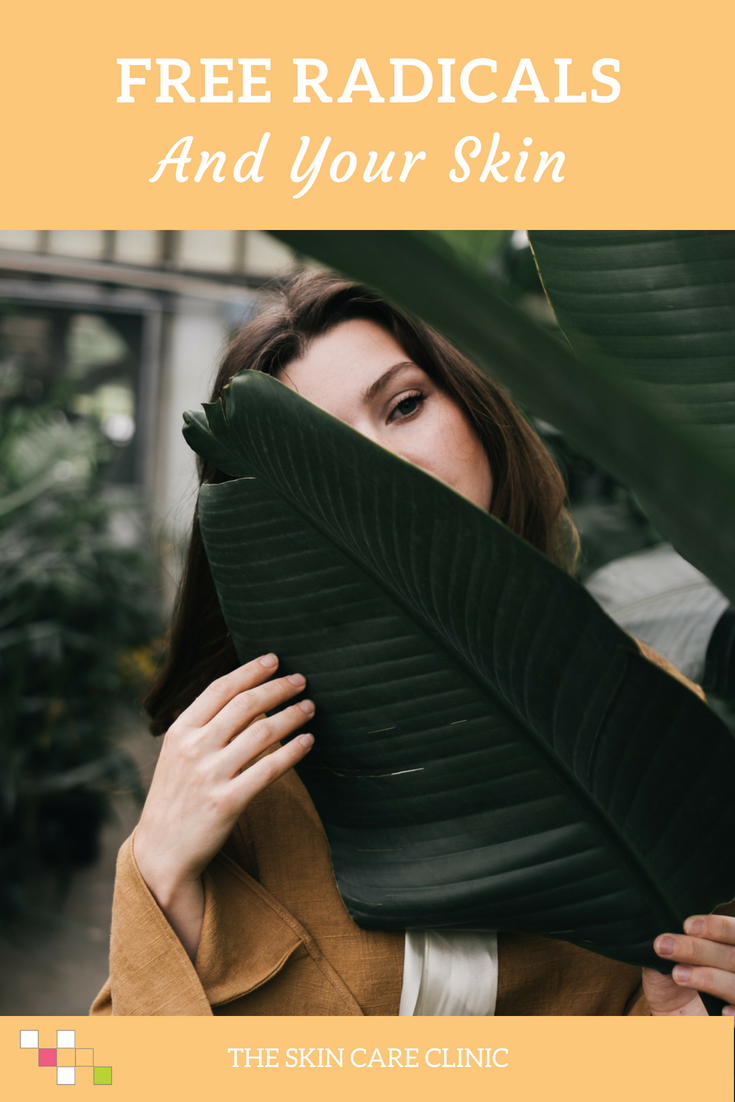
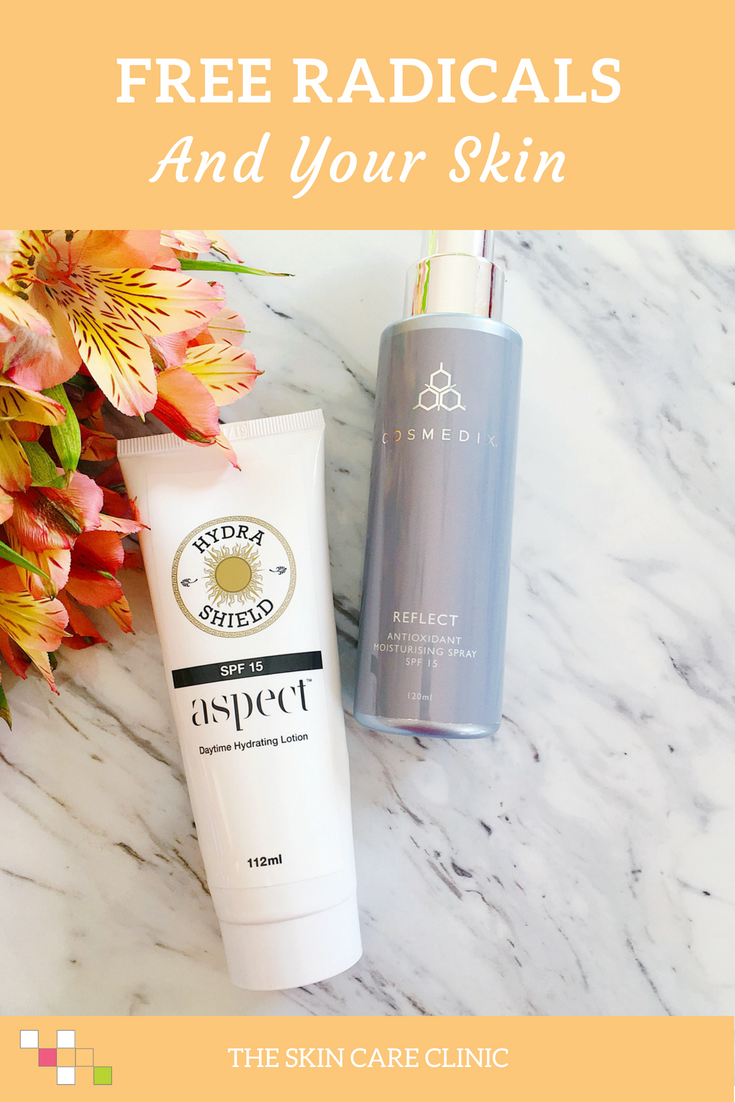
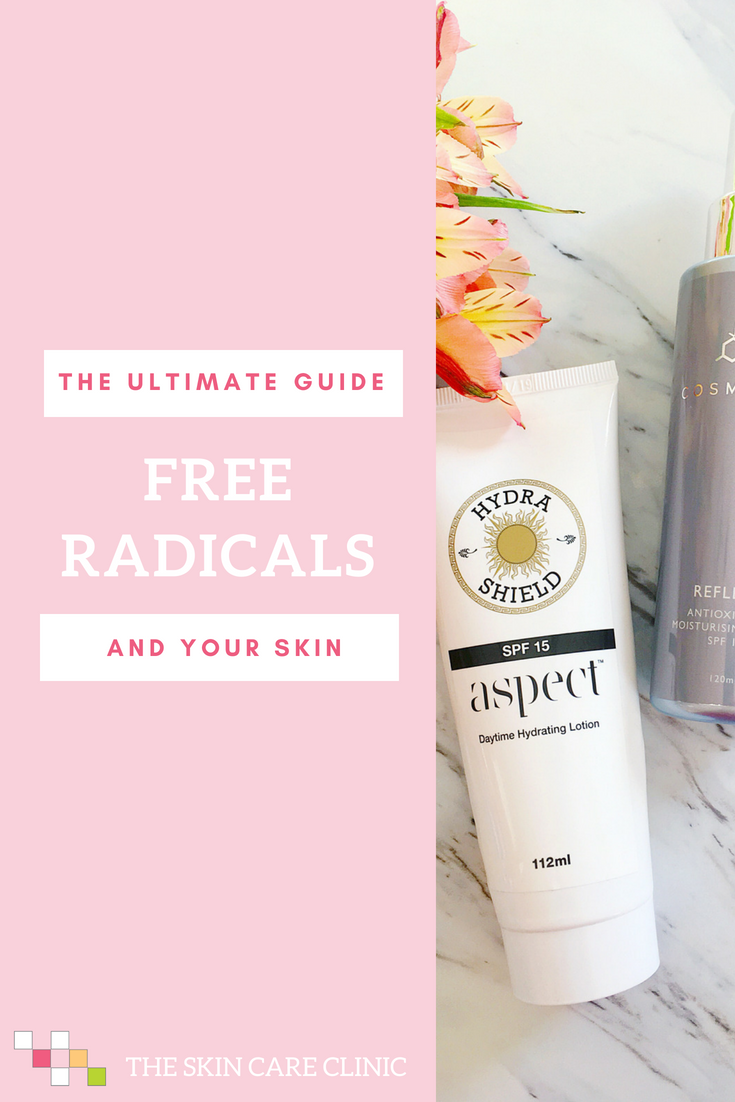
 They are the “baddies” in our skin because they cause our cells to become dysfunctional…which makes us age faster!
They are the “baddies” in our skin because they cause our cells to become dysfunctional…which makes us age faster!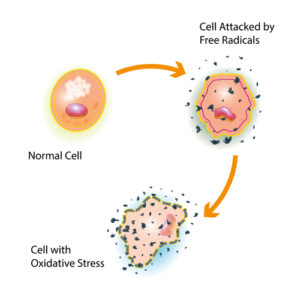


Leave a Reply